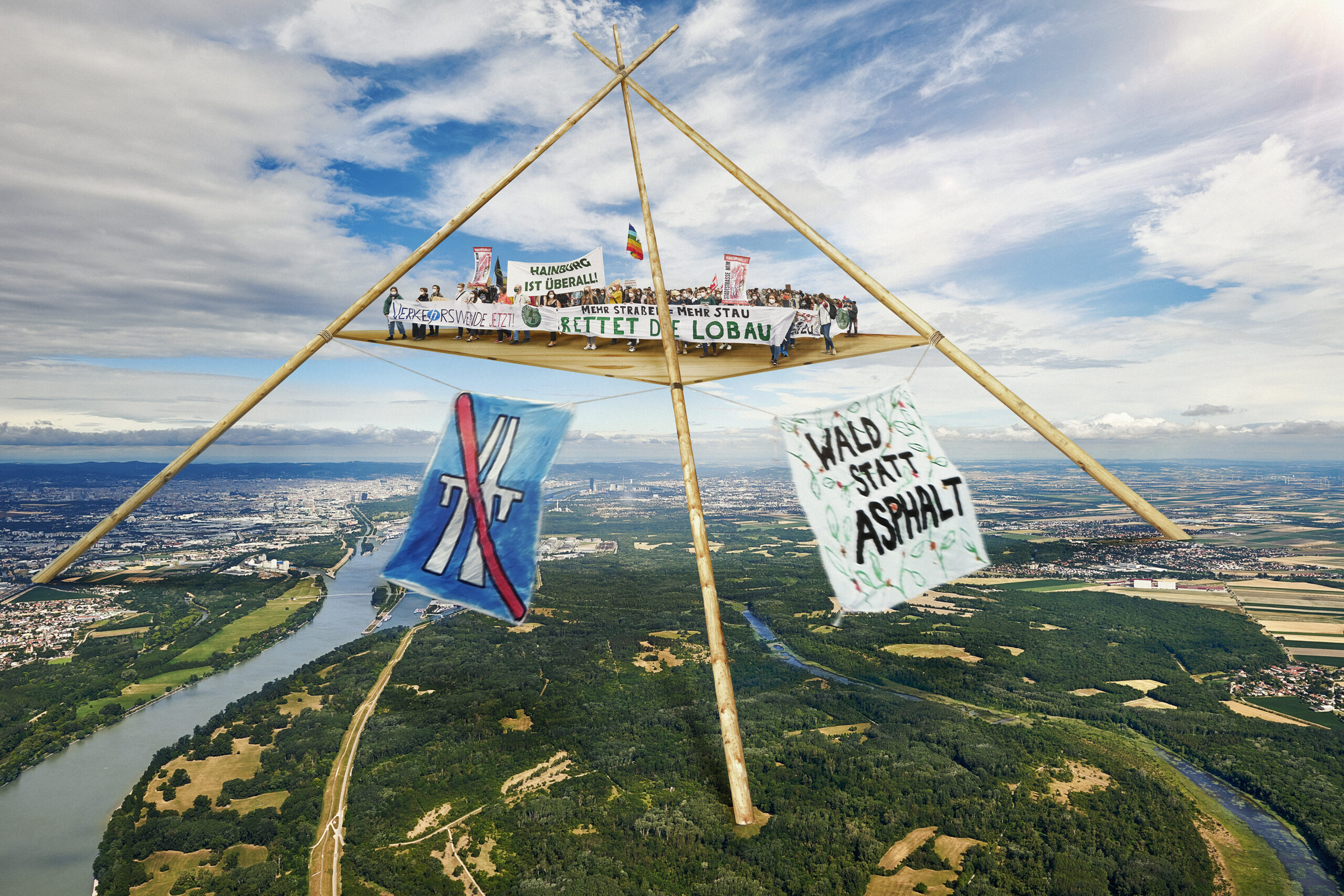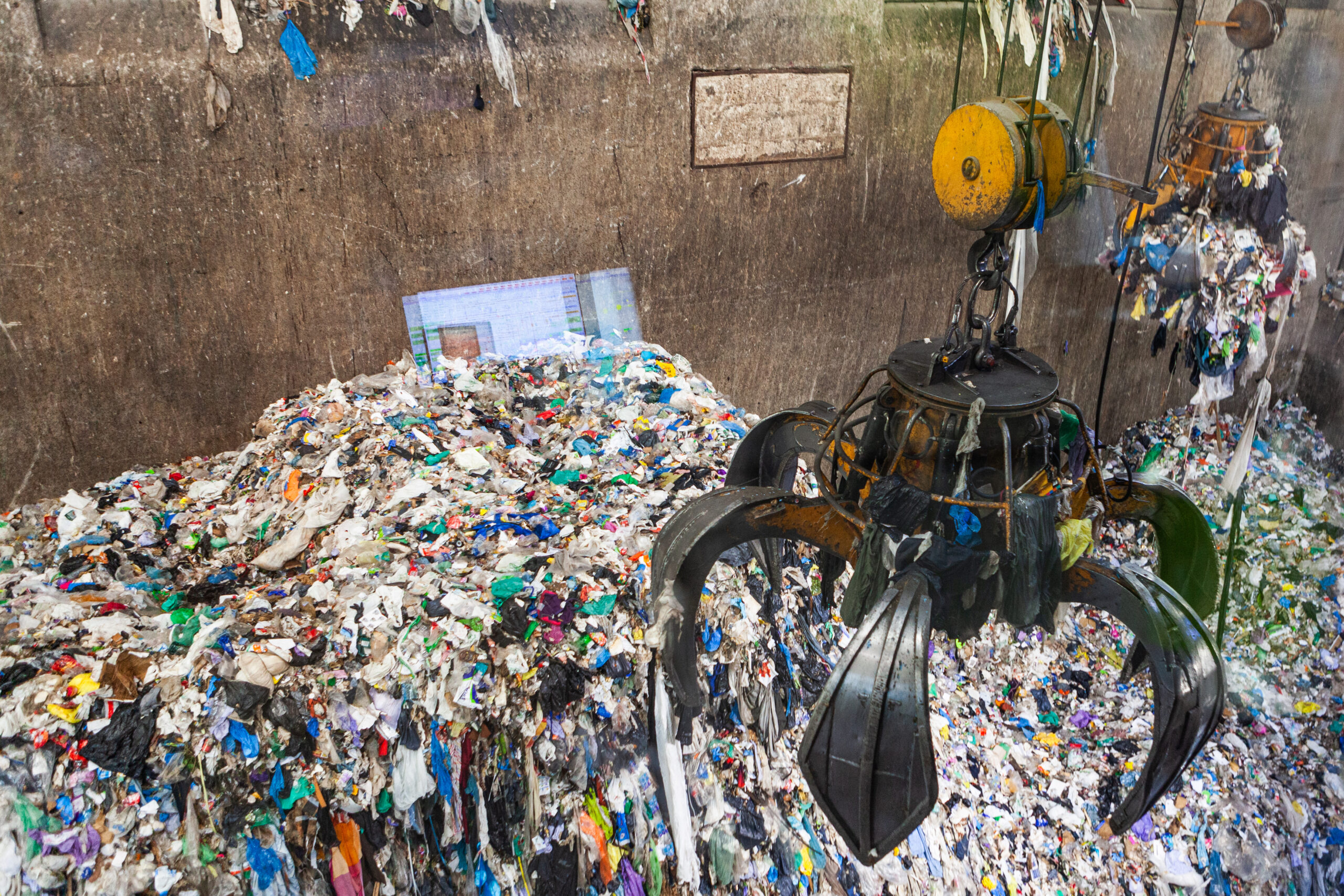Ariel Salleh is a sociologist and political scientist whose work focuses on issues of ecology and feminism. Linked to the journal Capitalism Nature Socialism, her extensive work is an enriching display of the active dialogue between ecofeminism and Marxist ecosocialism. With a particular critical emphasis on ecological politics, regarding the relationship between humanity and nature, Salleh has deployed a rich theoretical production, with multiple interventions on the political economy of care – reproductive and regenerative work – under capitalism, as well as on the discourses of sustainability and social justice, and the experiences derived from the practices of communities facing the dispossession of resources or the nuclear threat. Author of Ecofeminism as Politics: Nature, Marx, and the Postmodern (1997) and editor of Eco-Sufficiency & Global Justice: Women write Political Ecology (2009), the short text we invite you to read is an early work (From Feminism to Ecology, 1984) in which she reflects on her own formation as an ecofeminist and the political dimensions of this framework of action and critique.
From Feminism to Ecology
Related Posts

Seminar: “Militant Ecotopias”
In recent years, we have witnessed a resurgence of interest in ecological utopias within social movements, artistic spaces, intellectual circles, and society in general. This search for ways to integrate the promises of a better world within planetary limits is valuable in itself, and at the same time historically significant: it reveals that environmentalism demands…

Permanent Seminar “Images (of Art) and Political Ecology”. IX Session: “Water, energy and dispossession in the imaginaries of the Francoist hydromodernity”, with Carmen Martín-Luquero.
Source: Fernando López Heptener, La presa de Aldeadávila, 1963, available at: https://www.youtube.com/watch?v=-X_yduTT1EQ. Spain is one of the countries with the largest number of dams, about 1,200. Many were built during Franco’s dictatorship as part of his emblematic hydraulic policy, aimed at addressing post-war social, economic, and energy crises. Aside from the failed autarkic economic project, this…

Permanent Seminar “Images (of Art) and Political Ecology”. VIII Session: “Energy Aesthetics. Alternatives to the Fossil and Social Footprint of Cement”, with Elena Lavellés
Photograph: Elena Lavellés. Cranes at the Valdemingómez landfill. Documentation visit 2024. The limits of nature are dissolved under layers of cement, CO2 emitted into the atmosphere and waste produced from the activity of human beings. This overview leads us to a new vision that exceeds our capacity of comprehension and places us on the edge…

